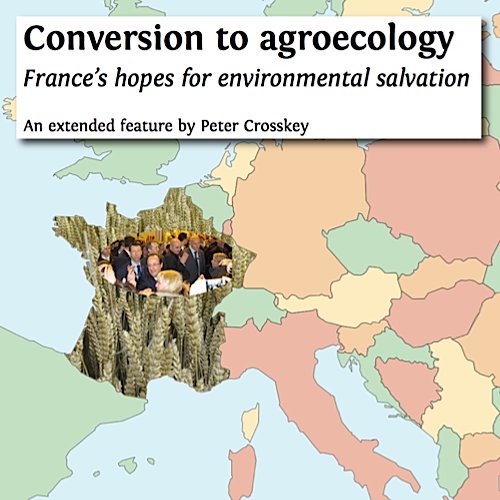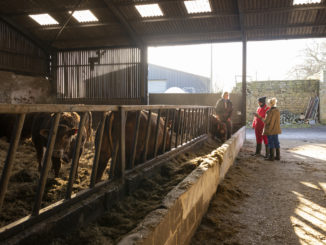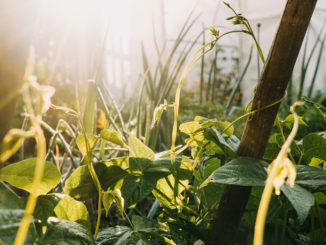Conversion to agroecology: France’s hopes for environmental salvation is a new 28 page ARC2020 document on efforts in France to move farming from pesticides to agroecological methods.

In the coming weeks, we will feature extracts from this important publication.
Parts of this study first appeared in Replacing Chemicals with Biology, a book that was distributed to delegates during the United Nations Environmental Programme’s Fourth International Conference on Chemicals Management (ICCM4) in September 2015. It was published by Pesticide Action Network, to make a case for agroecology as an alternative to spraying.
This version covers the background to French pesticide policy from 2007 onwards and includes additional material generated during the summer of 2015 during a visit to the Phyto-Victimes association office near Limoges.
Politicians, ecologists and farmers make different sets of assumptions about pesticides which can be wildly misinterpreted when tackling the problems arising from their use. This downloadable study of how French pesticide policy has developed in recent years shows some aspects of the process in action.
The political agenda is driven by a desire to be seen to be actively doing something. Without the pressure of public opinion and critical arguments, this can be reduced to ticking the boxes on a national policy wishlist.
Former French president Nicolas Sarkozy undertook a major consultation when he came to power in 2007, but the legislative impact of the Grenelle de l’Environnement has been sidelined by corporate interests at every opportunity ever since. The current French farm minister Stéphane Le Foll is wrestling with similar problems as he tries to implement his 2014 Loi d’avenir and its controversial interpretation of agroecology.
As a young man, farmer Paul François believed in the power of so-called “plant medicines” as a tool of his trade, until he was exposed to the toxic effects of a herbicide he had been spraying in 2004. Today, as president of the Phyto-Victimes association, he is working to help the countless rural households that have been turned upside down by the misleading marketing material that is used to sell toxic products. In 2015, Paul François put some of his land into conversion for future organic production, choosing 400 hectares near houses and public buildings.
The environmental impact of farming is one of many aspects of a global shift to increasingly aggressive technologies. It is rarely visible on the political agenda and yet is fundamental to many related issues and problems affecting huge, dependent urban populations. It should concern and involve everyone.
Below is an extract – the introduction from Conversion to agroecology: France’s hopes for environmental salvation. It is available in full to download.
Extract ******************
Introduction
As the heaviest user of crop treatments in 21st century Europe, France’s attempts to get to grips with both reducing the use of phytosanitary products and promoting alternative farming methods that sidestep any requirement to spray have lessons for us all. The results are mixed, but instructive.
The current French farm minister, Stéphane Le Foll, is at present working to revive a national pesticide reduction plan which he inherited from a predecessor. Le Foll has also steered a landmark agricultural reform act through the French parliament with substantial cross-party support. The Loi d’Avenir pour l’Agriculture, l’Alimentation et la Forêt (Law for the Future of Agriculture, Food and the Forest) promotes agroecological approaches and has a headline target of implementing them on 200,000 holdings by 2025.
It also adds agroecology to the curriculum of agricultural colleges across the country. About 40% of
France’s working farming population is either within five years of retirement, or well into an active old age. With a farming family background and as a former agricultural college lecturer, Le Foll understands the power of change that a new generation can bring to the rural economy. The future of French farming will depend on it, since a high proportion of current farmers have no clear succession in place. But this is also a turning point in a much longer, historical cycle.





